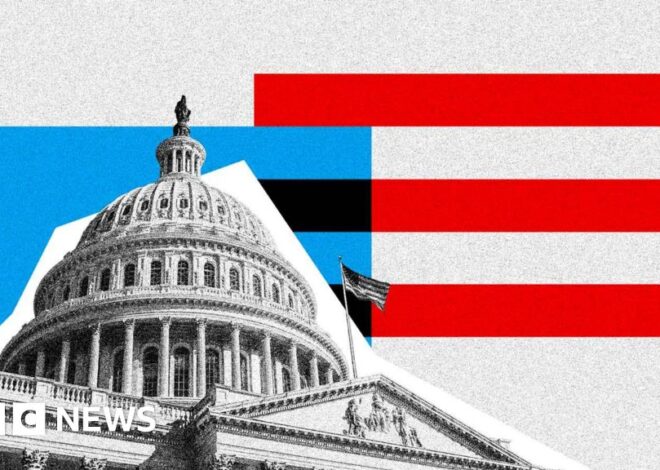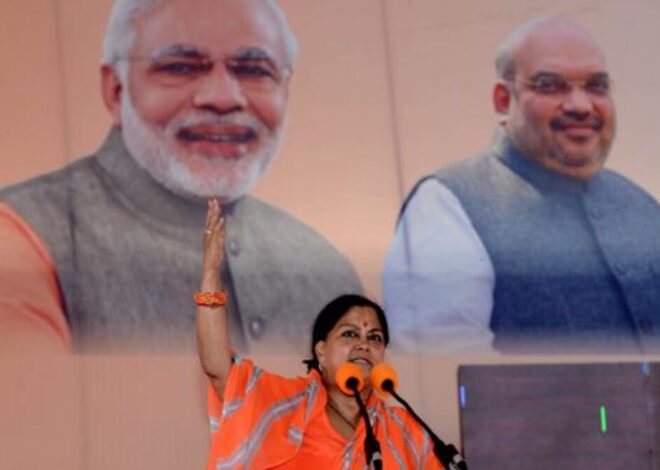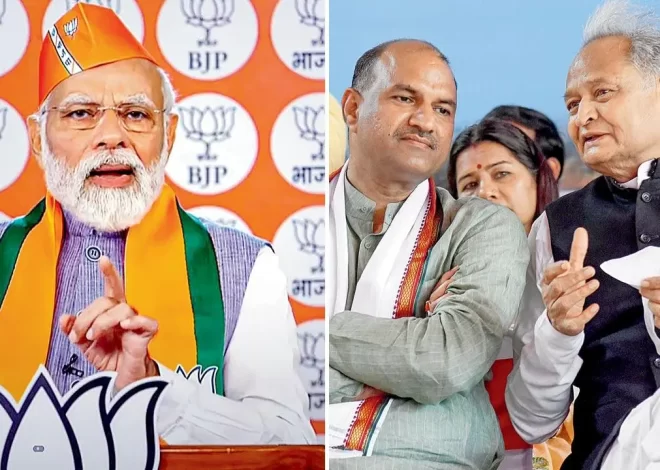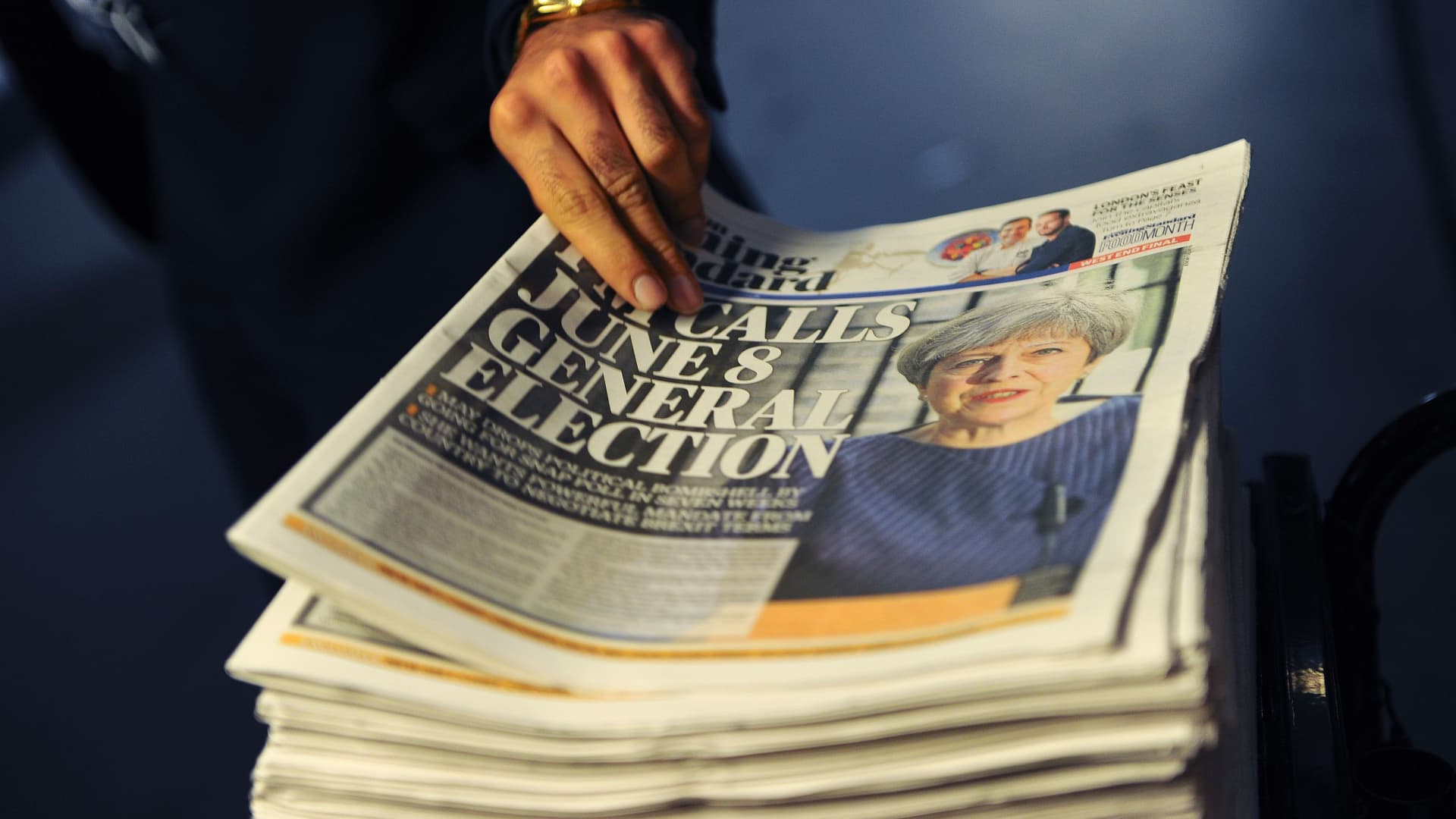
why is it important to have media coverage of government elections?
In the era of information abundance, media coverage stands as a linchpin, a powerful force that shapes public opinion, steers political discourse, and ultimately wields the potential to sway the course of elections. As the year 2023 emerges as a critical juncture in the democratic journey, the scrutiny on media’s role in government elections has never been more pronounced. In this article, we delve into the intricate dynamics, pressing challenges, and potential transformations that await us in the media landscape for the upcoming 2023 elections.
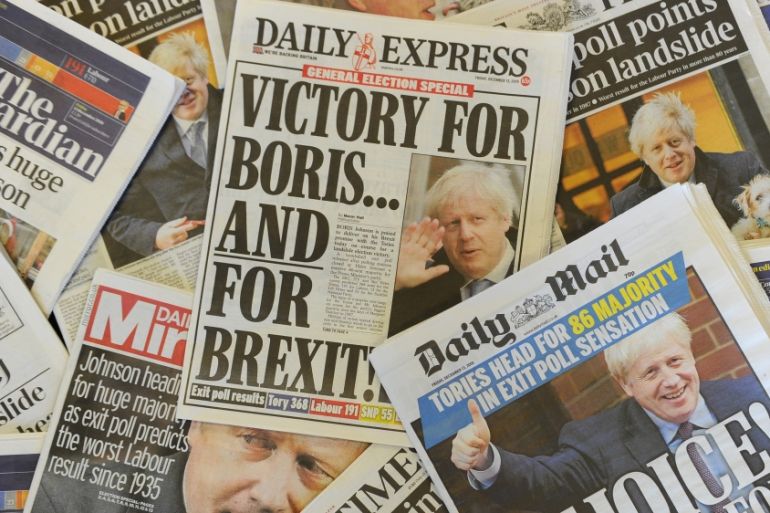
Read more.. So When is the Next Federal Australia Election?
Read more.. Russia’s 2024 Presidential Election: the Future Political Landscape
The Evolving Role of Media
The landscape of media’s involvement in elections has undergone a profound metamorphosis, primarily fueled by the emergence of digital platforms and the ubiquity of social media; the days of traditional information gatekeepers, like newspapers and television, exclusively dictating the flow of news are waning, giving way to an era where information dissemination has been democratized, enabling a realm of citizen journalism where anyone armed with an internet connection can curate and disseminate content. This metamorphosis complicates the consumption of information and its impact on electoral outcomes.

Read more.. Innovative Business Idea Concepts That Will Redefine Industries
Read more.. How to Take Baby Names Related to Navratri on 2023
The Battle Against Misinformation
A paramount challenge facing the 2023 elections is the rampant spread of misinformation. The surge of fake news and the deliberate propagation of false narratives, frequently motivated by political interests, have sowed seeds of uncertainty and skepticism among voters. The media, including social media platforms, shoulders the daunting responsibility of delineating fact from fiction.
To combat misinformation, numerous media organizations have invested in rigorous fact-checking initiatives and established collaborations with technology companies to curtail the dissemination of false information. These endeavors are pivotal in preserving the sanctity of the electoral process.
The Dominance of Social Media
The influence of social media on the 2023 government elections is monumental. In the contemporary political landscape, platforms like Facebook, Twitter, and Instagram have indeed emerged as powerful instruments for politicians to directly connect with their constituents, facilitating real-time engagement and discourse; however, there is an equally concerning underbelly to these platforms, as they inadvertently cultivate the growth of echo chambers and filter bubbles, perpetuating an environment where individuals are primarily exposed to information and opinions that reaffirm their existing beliefs and viewpoints.
Media outlets, cognizant of the formidable influence of social media, must adeptly navigate the delicate balance between harnessing these platforms for information dissemination and avoiding the pitfalls of sensationalism and polarization. It is of paramount importance that the media maintains its objectivity, ensuring that a rich tapestry of voices and perspectives finds representation.
Challenges in Political Advertising
The realm of political advertising has surfaced as a key concern. In an age where paid political advertisements can be micro-targeted toward precise demographics, concerns regarding transparency and fairness have assumed prominence. Media entities must strike a harmonious equilibrium between championing free speech and erecting safeguards against manipulative advertising tactics.
Amplifying Underrepresented Voices
A realm where the media can exert substantial influence on the 2023 elections is by amplifying the voices of marginalized and underrepresented communities. Prioritizing diversity and inclusivity in media coverage ensures that the concerns and aspirations of all citizens find meaningful representation. This approach has the potential to foster a more inclusive political landscape and kindle civic engagement.
In Conclusion
The role of media in the 2023 government elections is of unparalleled significance. As technology perpetually remolds the landscape of information dissemination, media outlets must evolve to confront the challenges posed by the digital age. Upholding journalistic integrity, combating misinformation, and presenting a symphony of diverse voices will be pivotal in shaping the electoral outcome and preserving the democratic ethos. Equally, the responsibility falls on voters to scrutinize the information they encounter, engaging with the electoral process through a discerning lens. In this ever-evolving media landscape, the future of democracy is at a crossroads, rendering responsible journalism and informed citizenship nothing less than paramount.

